From Personal Liberty Digest:

Judge: 4th Amendment Does Not Extend To Cellphones
March 8, 2012 by Sam Rolley

Does the protection of the “right of the people to be secure in their persons, houses, papers and effects against unreasonable searches and seizures” provided by the 4th Amendment mean information contained on your cellphone is safe from government snoops? No.
Even though Americans keep vast amounts of personal — and perhaps, unwittingly, self-incriminating — information on their cellphones, and even though most modern cellphones are more like tiny computers than phones, the U.S. Court of Appeals for the 7thCircuit has ruled that it is legal for police to search them without a warrant.
Stemming from a case wherein Indiana police arrested a drug dealer and obtained information about his activities from his cellphone, the latest assault on the Bill of Rights is simply another liberty victim of the War on Drugs. Judge Richard Posner ruled that police would not have time to obtain a warrant for cellphone searches in many circumstances because suspects could wipe the devices clean in minutes. The judge likened cellphone searches to another case, United States vs. Robinson, in which it was ruled that a “container” on someone’s body at the time of arrest could be searched for evidence relevant to the crime for which he was arrested.
A portion of Posner’s opinion reads:
It’s not even clear that we need a rule of law specific to cell phones or other computers. If police are entitled to open a pocket diary to copy the owner’s address, they should be entitled to turn on a cell phone to learn its number. If allowed to leaf through a pocket address book, as they are, United States v. Rodriguez, they should be entitled to read the address book in a cell phone. If forbidden to peruse love letters recognized as such found wedged between the pages of the address book, they should be forbidden to read love letters in the files of a cell phone. There is an analogy (implied in United States v. Mann, and cases discussed there) to the requirement that wiretaps “minimize the interception of communications not otherwise subject to interception.”
It is unclear whether removing the cellphone’s battery, completely turning off the device or protecting it with a password would be an effective way to avoid a warrantless cellphone search.
.gif)
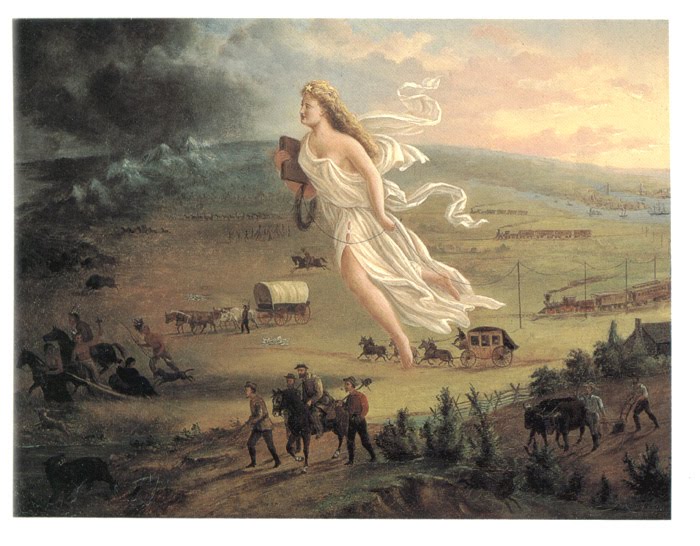

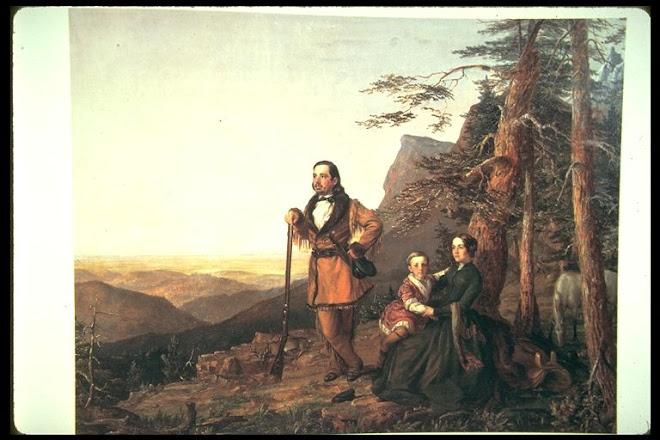


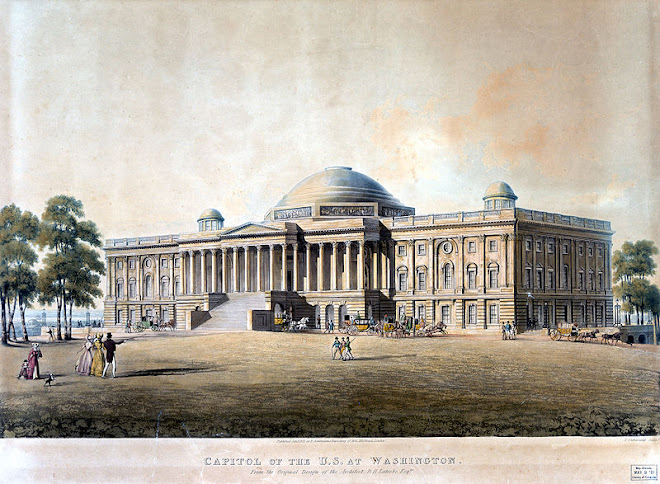


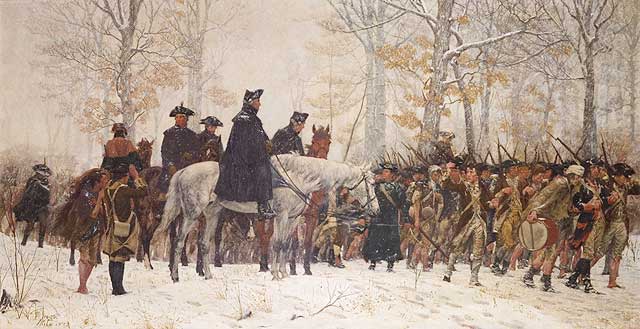
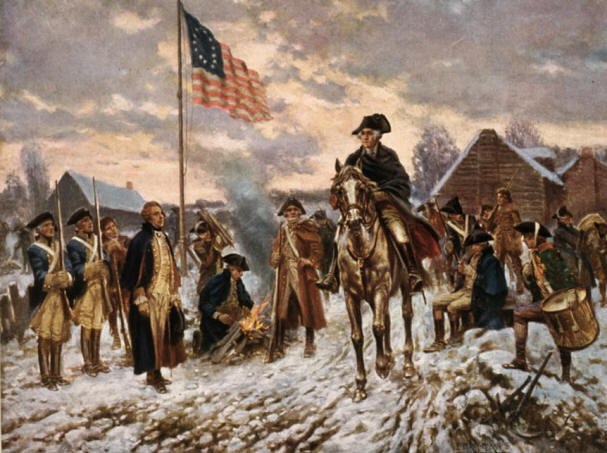


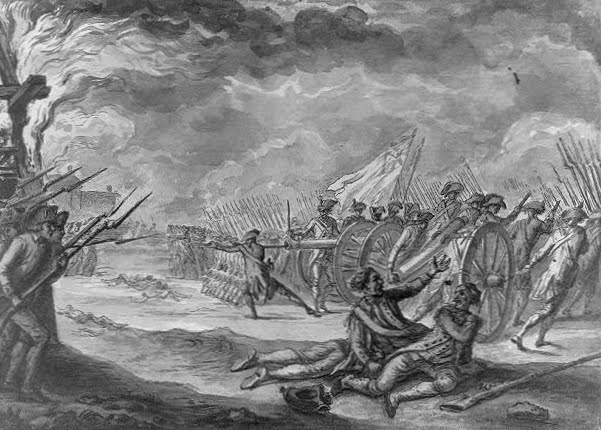

















No comments:
Post a Comment